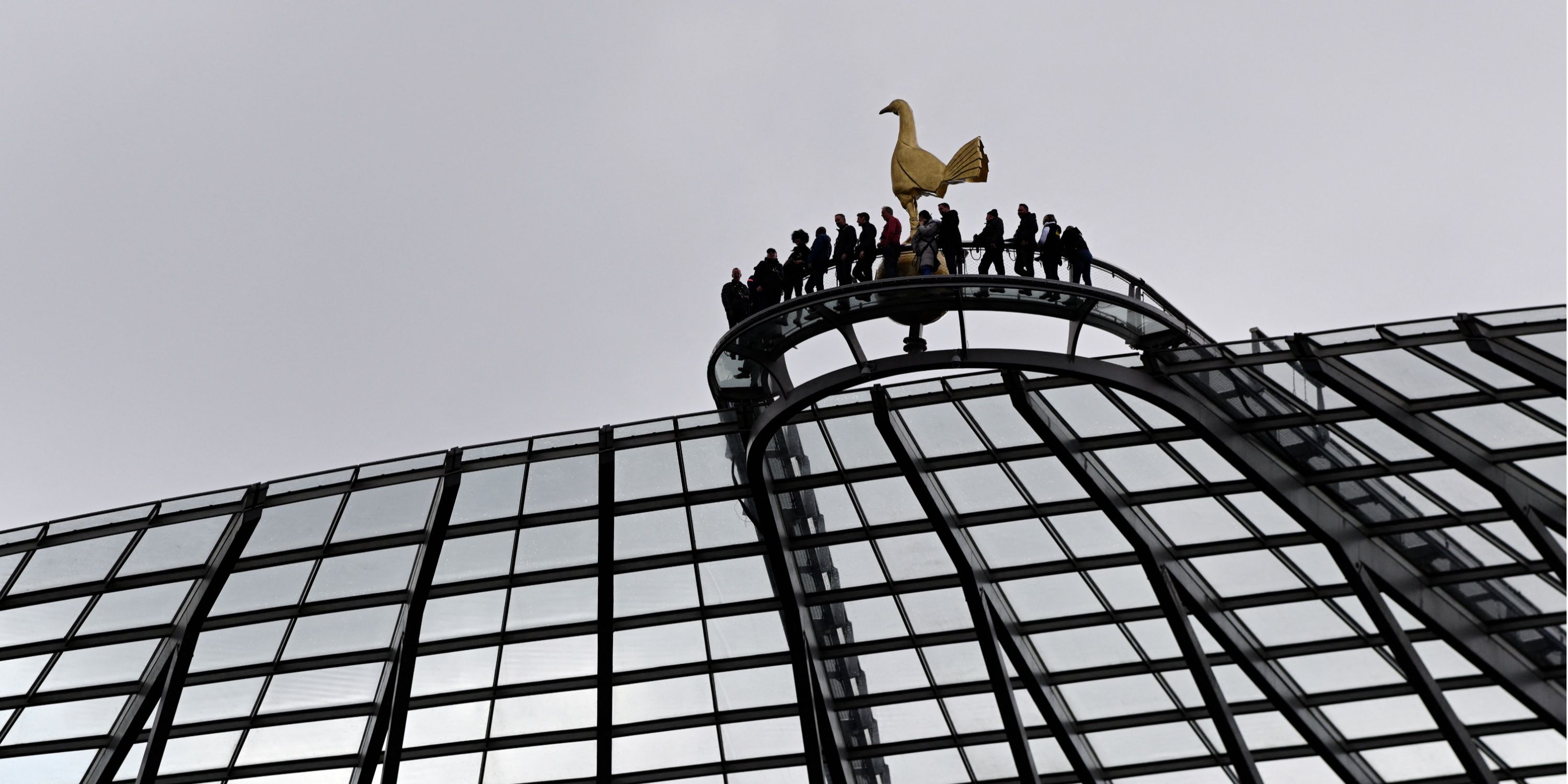[ad_1]
The war in Ukraine, which broke out in February 2022 with Russia’s invasion of its neighbor, shows no sign of ending as both sides intensify attacks to gain control of contested regions.
Read our latest updates here. For all our coverage, visit our Ukraine war page.
Finland hopes China will help end Russia’s invasion of Ukraine
Putin’s inability to see reality leaves him as emperor without clothes
Russia-North Korea nuclear cooperation danger to all: Estonian president
Zelenskyy courts U.S. Congress, Biden on military aid
From drones to cyberattacks, technology is shaping Ukraine conflict
Russia’s war bloggers hold potential spark of further unrest
Special report: Russia buying civilian drones from China for war effort
Note: Nikkei Asia decided in March 2022 to suspend its reporting from Russia until further information becomes available regarding the scope of the revised criminal code. Entries include material from wire services and other sources.
Here are the latest developments:
Thursday, Oct. 12 (Tokyo time)
1:25 a.m. The U.S. says it will send up to $200 million in military supplies to Ukraine in its latest package of support.
The package includes additional air defense capabilities, anti-tank weapons, additional ammunition for High Mobility Artillery Rocket Systems (HIMARS) and other equipment, according to a statement from the Pentagon.
12:02 a.m. Ukraine received a $1.15 billion grant from the U.S. as part of the PEACE in Ukraine program, reports Reuters, citing the Ukrainian Finance Ministry. The PEACE (Public Expenditures for Administrative Capacity Endurance) in Ukraine project has been the World Bank’s flagship financing instrument for Kyiv during the war.
Wednesday, Oct. 11
11:55 p.m. Denmark, the Netherlands and the U.S. will spearhead a new international coalition to help Ukraine establish a future air force based on F-16 fighter jets, the Danish Defense Ministry said, according to Reuters.
The new coalition intends to build infrastructure around F-16s, including maintenance facilities to support the operation of the planes, the ministry said in a statement. Denmark and the Netherlands were the first two countries to commit to donating F-16 jets to Ukraine, which currently has an air force fleet of aging Soviet-era fighter jets.
6:00 p.m. Ukrainian President Volodymyr Zelenskyy asked NATO allies on Wednesday for more weapons and air defense systems to tide his country over another wartime winter as it braces for a further barrage of Russian attacks on power stations and infrastructure. Zelenskyy was making his first visit to NATO headquarters since Russia’s invasion last year, at a time when turbulence in the U.S. Congress threatens to disrupt aid for Kyiv and world attention is being drawn to the crisis unfolding in Israel.
2:30 p.m. China will host its third Belt and Road Forum next week, its foreign ministry says, a signature event for President Xi Jinping that his Russian counterpart, Vladimir Putin, is due to attend on a rare trip abroad. The Beijing conference on Oct. 17-18 marks the 10th anniversary of the Xi-championed Belt and Road Initiative. Representatives from many developing countries, notably from Latin America and Africa, are expected to attend. Putin attended the two previous forums, in 2017 and 2019, and the Kremlin said in September he had accepted an invitation to next week’s gathering and for talks with Xi.
7:30 a.m. Russian President Vladimir Putin says the recent violence between Israel and the Palestinians showed that U.S. policy had failed in the Middle East and had ignored the needs of Palestinians. Spokesperson Dmitry Peskov said the Kremlin was in touch with both sides and would seek a role in resolving the conflict. Peskov warned that the conflict risked spilling over into other regions. During talks with visiting Iraqi Prime Minister Mohammed Shia Al-Sudani, Putin blamed the escalation on years of U.S. policy. “I think that many people will agree with me that this is a vivid example of the failure of United States policy in the Middle East,” he said.
1:13 a.m. Germany announces new support for Ukraine, with a roughly 1 billion euro ($1.06 billion) air defense package and a more than 20 million euro package of vehicles, weapons and personal equipment. The air defense package includes the Patriot and IRIS-T systems.
Germany is thus “further increasing the operational readiness of the Ukrainian armed forces in the coming months,” Defense Minister Boris Pistorius says.
1:00 a.m. Russia fails in its bid to return to the United Nations’ top human rights body. In a secret ballot, Russia won 83 votes versus 160 for Bulgaria and 123 for Albania, which had competed against it in the same eastern Europe grouping for two seats on the Geneva-based Human Rights Council for a three-year term beginning on Jan. 1.
Tuesday, Oct. 10
11:01 p.m. A subsea gas pipeline and a telecommunications cable connecting Finland and Estonia under the Baltic Sea have been damaged in what may have been a deliberate act, the Finnish government says, according to Reuters.
The Balticconnector gas pipeline was shut early on Sunday on concerns that gas was leaking from a hole in the 77-kilometer pipeline. Finnish operator Gasgrid said it could take months or more to repair.
10:07 p.m. Ukrainian President Volodymyr Zelenskyy says he had “good news” on artillery and air defense supplies after talks with Romanian President Klaus Iohannis in Bucharest, but gave no details, reports Reuters.
“My main accent today was air defense. And I’m glad that Ukraine was heard by the Romanian side,” Zelenskyy, who has been seeking more arms to defend Ukraine against Russia’s invasion, tells a joint press conference in the Romanian capital.
3:20 p.m. Russia launched 36 Iranian-made attack drones against southern Ukraine overnight, damaging infrastructure in the Odesa region, authorities say. The strikes targeted the Odesa, Mykolaiv and Kherson regions, the Ukrainian military reported, adding that air defense systems destroyed 27 drones. Odesa’s governor, Oleh Kiper, said unspecified “logistics infrastructure” had been struck but that no injuries were reported.
10:00 a.m. Russian President Vladimir Putin is expected to hold talks in the Kremlin on Tuesday with Iraqi Prime Minister Mohammed Shia Al-Sudani on bilateral issues and the developing situation in the Middle East. “Issues of developing multifaceted Russian-Iraqi cooperation, as well as current topics on the international agenda, primarily the situation in the Middle East, will be discussed in detail,” the Kremlin said in a statement on the Telegram messaging app.
7:00 a.m. Top United Nations trade official Rebeca Grynspan met with Russian officials in Moscow on Monday for talks aimed at enabling “unimpeded access” to global markets for grain and fertilizer from Russia and Ukraine, a U.N. spokesperson said. U.N. aid chief Martin Griffiths attended the meetings virtually, U.N. spokesperson Stephane Dujarric said. U.N. Secretary-General Antonio Guterres “continues in his determination to facilitate the unimpeded access to global markets for food products and fertilizers from both Ukraine and the Russian Federation,” Dujarric added.
2:10 a.m. Ukrainian President Volodymyr Zelenskyy says on Monday that it was in Russia’s interests to stoke war in the Middle East to weaken global unity.
“Based on available information — very clear information — it is in Russia’s interests to inflame war in the Middle East to create a new source of pain and suffering that would weaken global unity, create divisions and help Russia in undermining freedom in Europe,” Zelenskyy says in his nightly video address.
Zelenskyy says Russians propagandists were “gloating” at developments and that Iran, which he described as Moscow’s ally, was openly supporting those attacking Israel.
In a call on Sunday with Israeli Prime Minister Benjamin Netanyahu, Zelenskyy says Ukraine was in “solidarity with Israel, which is enduring a brazen, large-scale attack.”
Sunday, Oct. 8
5:35 a.m. Russia’s Defence Ministry says the country’s air defense systems “detected and destroyed” two Ukrainian S-200 anti-aircraft missiles, thwarting attacks it says Kyiv attempted four hours apart on the Crimean Peninsula.
4:00 a.m. Ramzan Kadyrov, head of Russia’s Chechnya region and close ally of President Vladimir Putin, says a presidential election due next March should either be postponed due to the war in Ukraine or limited to one candidate, Putin.
The Kremlin leader has said he will not announce if he will run before parliament calls the election, which by law it is due to do in December.
“I propose now, while the ‘special military operation’ is under way, to unanimously decide that we will have one candidate in the elections — Vladimir Vladimirovich Putin,” Kadyrov was quoted as saying by the state-run RIA news agency at a rally in the Chechen capital Grozny to mark Putin’s Oct. 7 birthday that was attended by thousands.
3:15 a.m. Russian President Vladimir Putin announces the start of gas supplies to Uzbekistan via Kazakhstan in a meeting with his counterparts from the two countries in Moscow.
“This is the largest trilateral energy project” among the three ex-Soviet countries, Putin said, after formally launching the shipment.
Under a two-year deal signed with Russia’s Gazprom, Uzbekistan will import 9 million cubic meters of Russian natural gas per day.
12:15 a.m. Ukrainian President Volodymyr Zelenskyy condemns what he called a “terrorist attack” on Israel after a surprise assault by the Palestinian Islamist group Hamas and backed the country’s right to self-defense. “Anyone who resorts to terror commits a crime against the world. Whoever finances terror is committing a crime against the world,” he wrote on the social media platform X.
“The world must stand united and in solidarity so that terror does not attempt to break or subjugate life anywhere and at any moment.”
Saturday, Oct. 7
9:30 p.m. Rail traffic along the North Korea-Russia border rose sharply this week to the highest in years, suggesting arms supply by Pyongyang to Moscow after their leaders discussed deeper military cooperation, a U.S. think tank says.
Satellite imagery showed an “unprecedented” 73 or so freight cars at Tumangang Rail Station in the North Korean border city of Rason, the Beyond Parallel Project of the Washington-based Center for Strategic and International Studies said in a report.
The traffic was far greater than that observed in the past five years, including pre-pandemic levels, it says.
6:00 a.m. Mikhail Ulyanov, Russia’s envoy to the Comprehensive Nuclear Test Ban Treaty Organization, says Moscow will revoke its ratification of the pact, a move that Washington denounced as endangering “the global norm” against nuclear test blasts. Ulyanov said on X, formerly known as Twitter, that “#Russia plans to revoke ratification (which took place in 2000) of the Comprehensive Nuclear-Test-Ban Treaty. The aim is to be on equal footing with the #US who signed the Treaty, but didn’t ratify it. Revocation doesn’t mean the intention to resume nuclear tests.”
1:30 a.m. The U.S. Commerce Department has added 42 Chinese companies to a government export control list over support for Moscow’s military and defense industrial base, including supplying the Russian sector U.S.-origin integrated circuits. Another seven entities from Finland, Germany, India, Turkey, the United Arab Emirates and the United Kingdom were also added to the trade export control list. The circuits include microelectronics that Russia uses for precision guidance systems in missiles and drones launched against civilian targets in Ukraine, the Commerce Department said in a statement.
“Today’s additions to the Entity List provide a clear message: if you supply the Russian defense sector with U.S.-origin technology, we will find out, and we will take action,” Assistant Secretary for Export Enforcement Matthew Axelrod said in the statement.
For earlier updates, click here.
[ad_2]
Source link







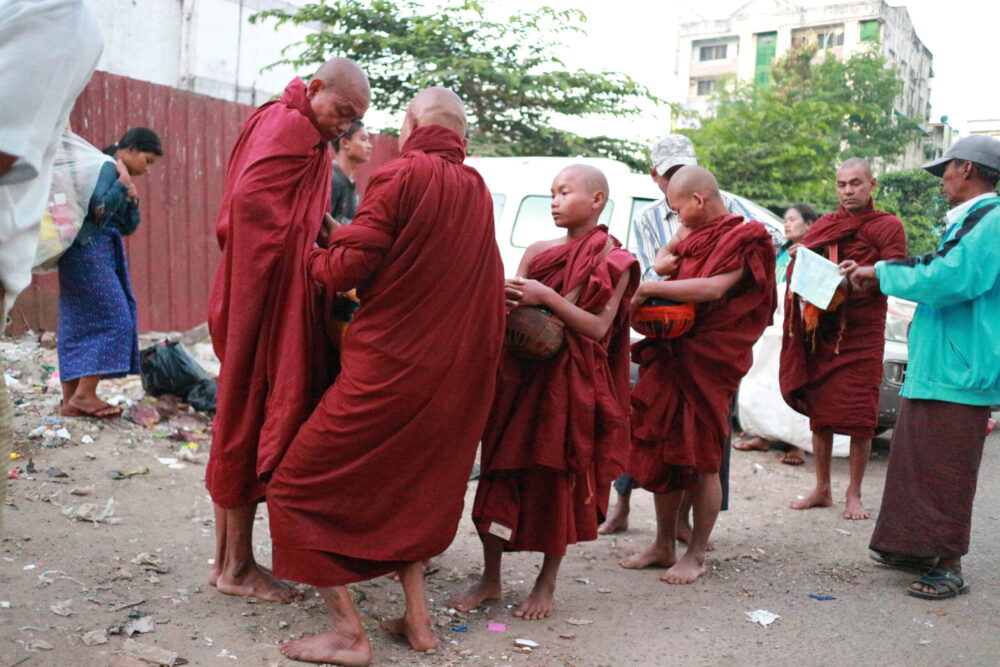
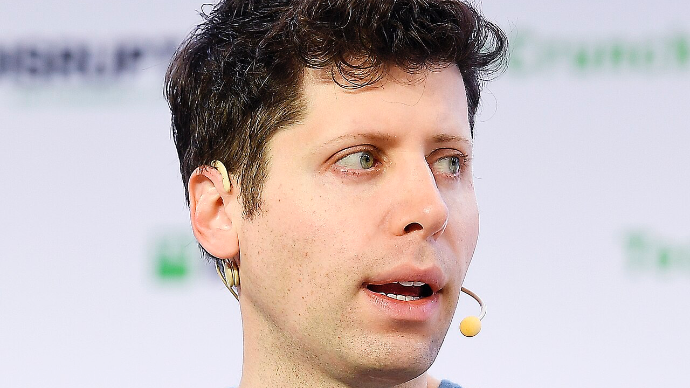

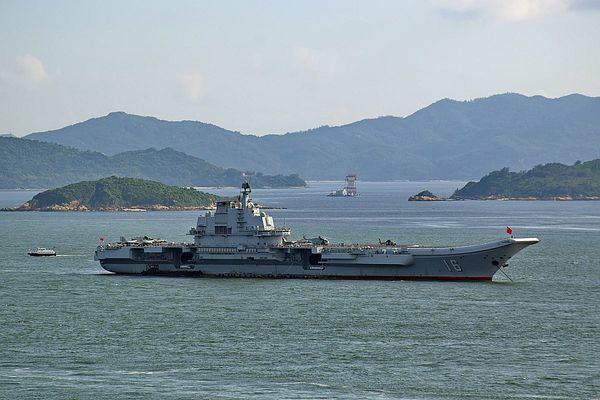


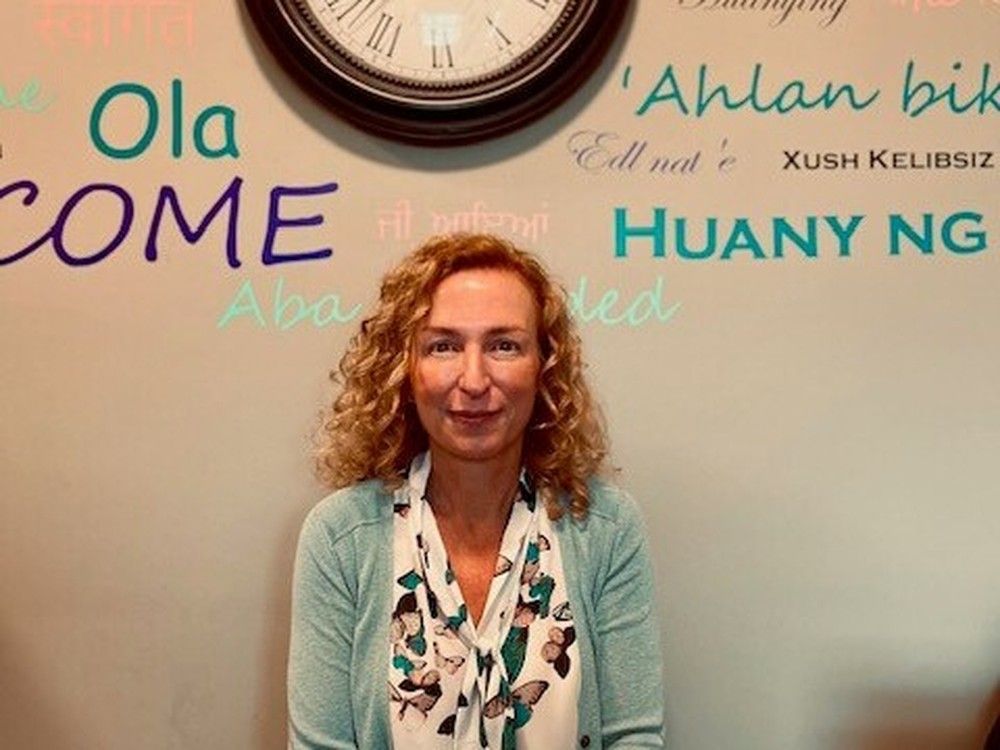
:quality(70)/cloudfront-eu-central-1.images.arcpublishing.com/irishtimes/2UHLSSAZ6JHA7AN6M3PT5BIEUE.jpg)
